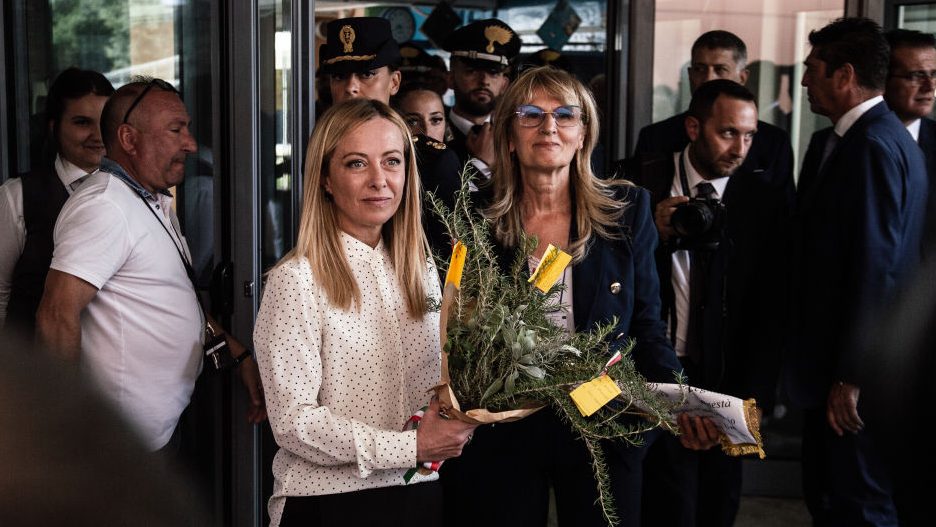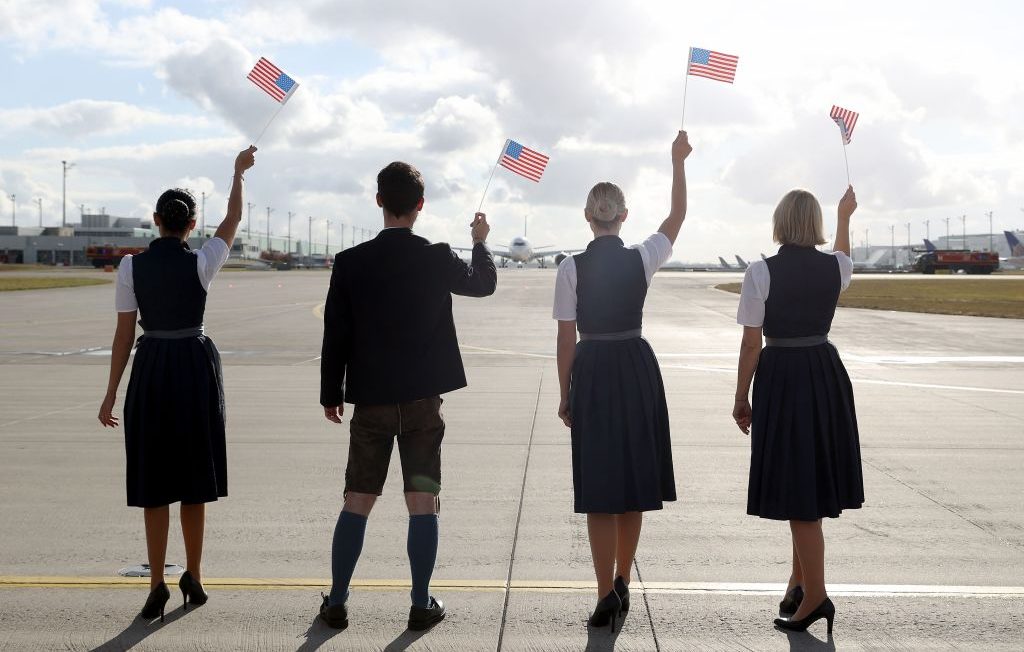The key rule of diplomacy is that it is most needed when dealing with one’s rivals, not one’s friends. Unfortunately, in the age of virtue signaling this rule has largely been forgotten by Western rulers.
Another uncomfortable fact is that truth is only a secondary virtue in the realm of diplomacy. When the English diplomat Sir Henry Wotton remarked in 1604 that “an ambassador is an honest gentleman sent to lie abroad for the good of his country” he summarized this perfectly: Diplomacy ultimately is a tool of statecraft to be deployed in order to advance the national interest, not some higher universal goals.
The political survival artist Charles Maurice de Talleyrand, who served as a diplomat in pre-revolutionary France, revolutionary France, and post-revolutionary France was another figure who understood the nature of international relations and how to navigate them.
He famously said that “a diplomat who says ‘yes’ means ‘maybe’, a diplomat who says ‘maybe’ means no, and a diplomat who says ‘no’ is no diplomat at all.” The shrewd insight of this quote is that the high art of diplomacy is to keep options open and never burn any bridges.
This can be challenging from a moral perspective. The murder of the journalist Jamal Khashoggi by Saudi Arabia was an atrocious crime; it is hard not to agree with Joe Biden calling the Kingdom a “Pariah”.
Yet it is also true that in the larger arena of global politics there are more interests at play than just moral ones.
The souring of relations between the United States and Saudi Arabia under President Biden has become a serious liability, with Riyadh refusing to cooperate as willingly with the US when it comes to oil prices as they did in the past.
Europe has found itself in a similar situation with Russia in the past. It turned a blind eye, or near blind eye, to the numerous assassinations and assassination attempts that took place – most likely – with the approval or on direct orders by the Kremlin. Alexander Litvinenko, Sergei Skripal, Alexei Navalny, Anna Politkovskaya, Zelimkhan Khangoshvili, are just a few names of people who had to pay with their lives for their opposition to Vladimir Putin.
The nature of Russia’s regime was known to the West at least a decade before the invasion of Ukraine, but none of this stopped, for example, the intensification of trade relations and the construction of Nord Stream 1&2.
International politics is by nature cynical; there are times when even Western nations resort to drastic measures if they see it as part of pursuing the national interest. The extrajudicial killings of Osama bin Laden, Qaseim Soleimani, Anwar al-Awlaki, or Samir Kahn (the latter two being American citizens) by the US government are just a few examples.
The point here is not to create a form of moral equivalence, but to highlight that most states are capable of acting ruthlessly when it comes to defending their interests.
We can admire the courage of German foreign secretary Annalena Baerbock for calling Chinese President Xi Jinping a dictator, or Justin Trudeau for accusing the Indian government of being involved in the assassination of a pro-Khalistan activist on Canadian soil.
These responses might well be morally justified, but are they smart from a diplomatic perspective? The art of diplomacy involves knowing when to speak in public and when in private. One can be a tough negotiator behind closed doors, yet still maintain a friendly façade while dealing with one’s rival in public.
There are not many occasions where Donald Trump serves as a role model, but his foreign policy intuitively grasped that principle.
The Abraham Accords have been one of the most remarkable breakthroughs in Middle East diplomacy, and one important element in making them happen was a strategy of public charming combined with very tough negotiations behind closed doors.

A world that is becoming more divided along geopolitical lines and that can no longer rely on the order-making power of a single hegemon will need effective diplomacy to maintain an uneasy peace.
It is the tragedy of international politics that avoiding chaos and a breakdown of order will involve making deals with even the most unsavory regimes, and it will be frustrating to see how often moral values will be sold out in the process.
The likes of Wotton and Talleyrand would not be surprised by this, but relearning these hard lessons will not be easy.






Europe needs new leadership: von der Leyen has been a failure